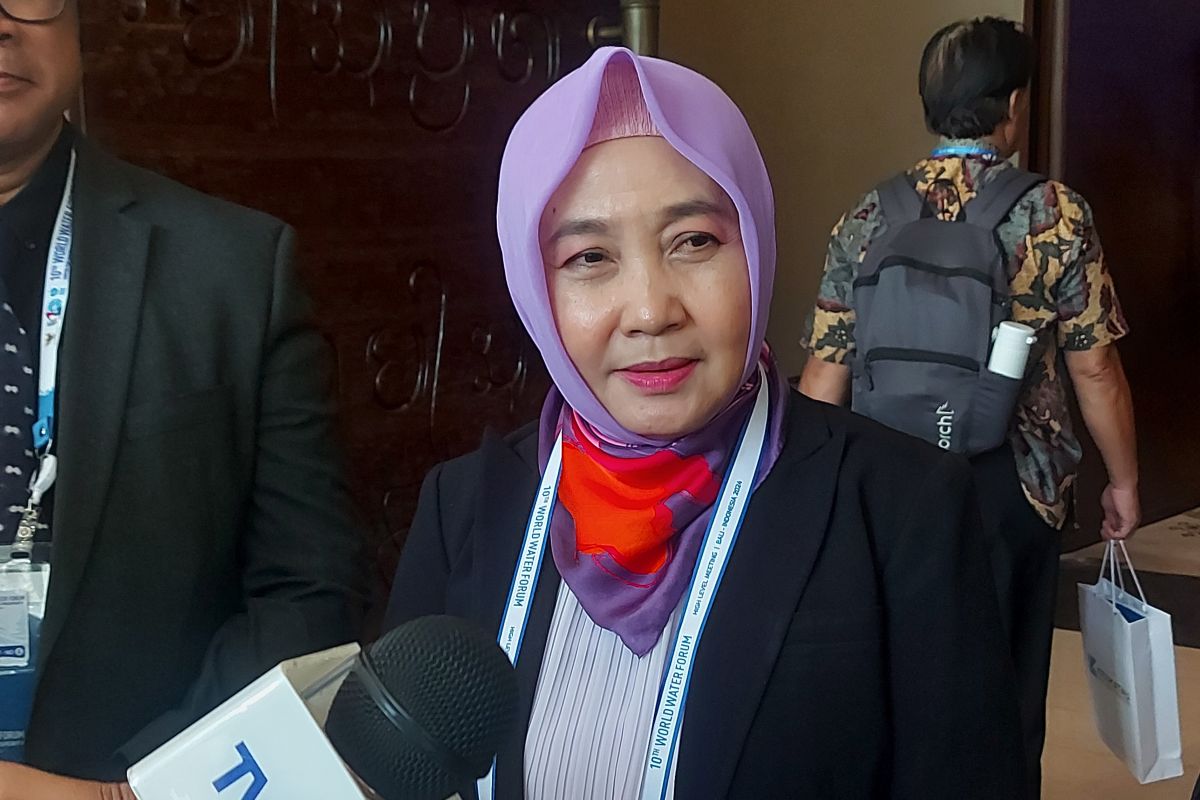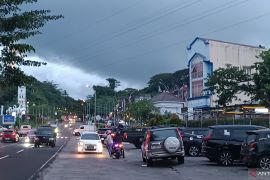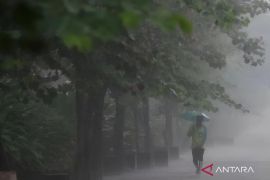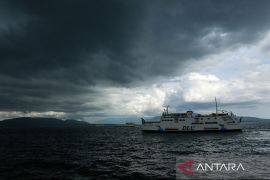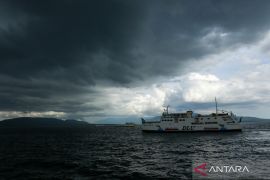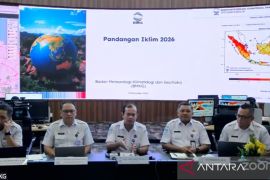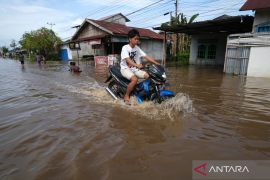In her office's statement received in Jambi on Thursday, BMKG Head Dwikorita Karnawati noted that members of Gen Z -- born in the 1996-2010 period -- and Gen Alpha youths -- born after 2010 -- belong to the groups most susceptible to the detrimental impacts of climate change.
She underlined that one of the most apparent impacts of climate change is a hike in the Earth's air surface temperature while noting that the temperature will increase by 3.5 degrees Celsius by 2100 in the absence or failure of climate actions.
"Placing the year under the spotlight, it is safe to say that Gen Z and Gen Alpha will be the most affected generations," she pointed out.
The official went on to affirm that climate change had become a dire threat to the lives of billions on the planet. Hence, she stressed that the worldwide phenomenon should not be overlooked.
Karnawati then cited a report from the World Meteorological Organization (WMO), which has shown that 2023 was the warmest year in the 174-tear observational record, with the global near-surface temperature standing at 1.45 degrees Celsius higher than the pre-industrial 1850–1900 average.
The temperature increase almost hits the limit of 1.5 Celsius degrees determined in the 2015 Paris Agreement.
She noted that in the worst-case scenario, the WMO predicted that in 2050, countries will face hydrometeorological disasters and water shortages, which, in turn, will result in a food crisis.
Hence, to this end, Karnawati underscored the need for people from different generations to work hand in hand to put a lid on climate change.
She suggested that people can start by simply planting trees; pursuing energy efficiency at home, offices, and schools; and starting the transition to eco-friendly technologies.
Related news: School curriculum covering climate change to stimulate action: Govt
Related news: Indonesia bolsters climate action commitment with Second NDC
Related news: Govt, AMAN seek to bolster Indigenous education on climate action
Translator: M. Riezko, Tegar Nurfitra
Editor: Azis Kurmala
Copyright © ANTARA 2024
